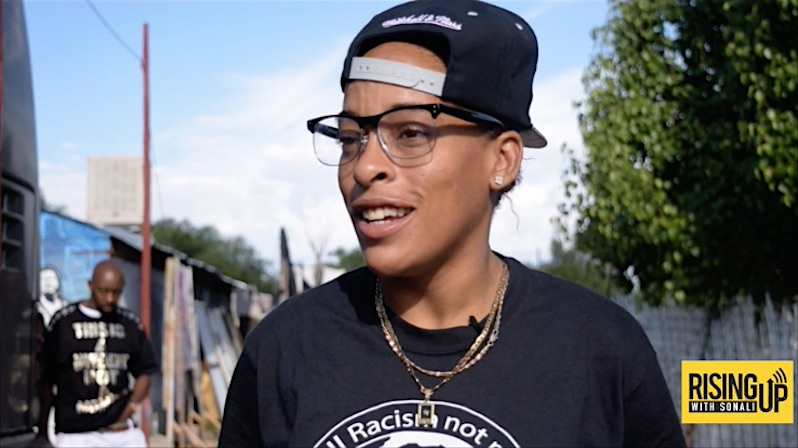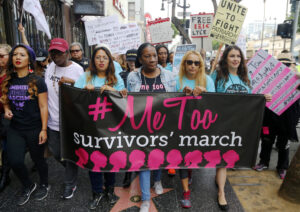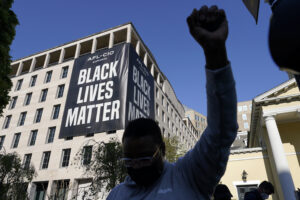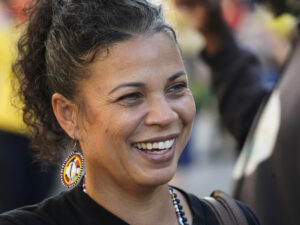Partial Victory for Black Lives Matter Activist Jasmine Richards
The case that the 28-year-old community organizer represents is another reason why the movement it has galvanized is more crucial than ever. Pasadena-area Black Lives Matter activist Jasmine Richards. (Video still from "Rise Up With Sonali")
1
2
Pasadena-area Black Lives Matter activist Jasmine Richards. (Video still from "Rise Up With Sonali")
1
2

Pasadena-area Black Lives Matter activist Jasmine Richards. (Video still from “Rise Up With Sonali”)
Independent journalism is under threat and overshadowed by heavily funded mainstream media.
You can help level the playing field. Become a member.
Your tax-deductible contribution keeps us digging beneath the headlines to give you thought-provoking, investigative reporting and analysis that unearths what's really happening- without compromise.
Give today to support our courageous, independent journalists.






You need to be a supporter to comment.
There are currently no responses to this article.
Be the first to respond.